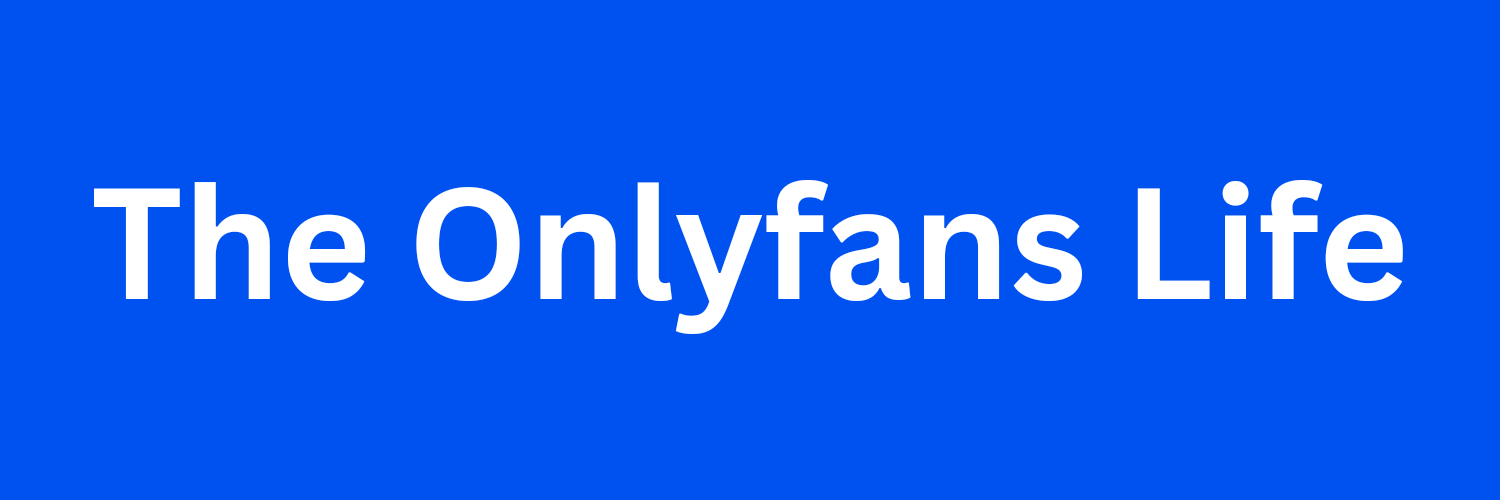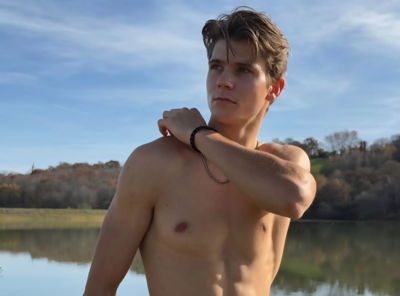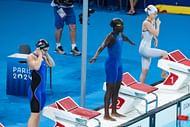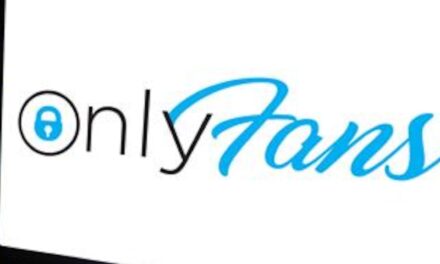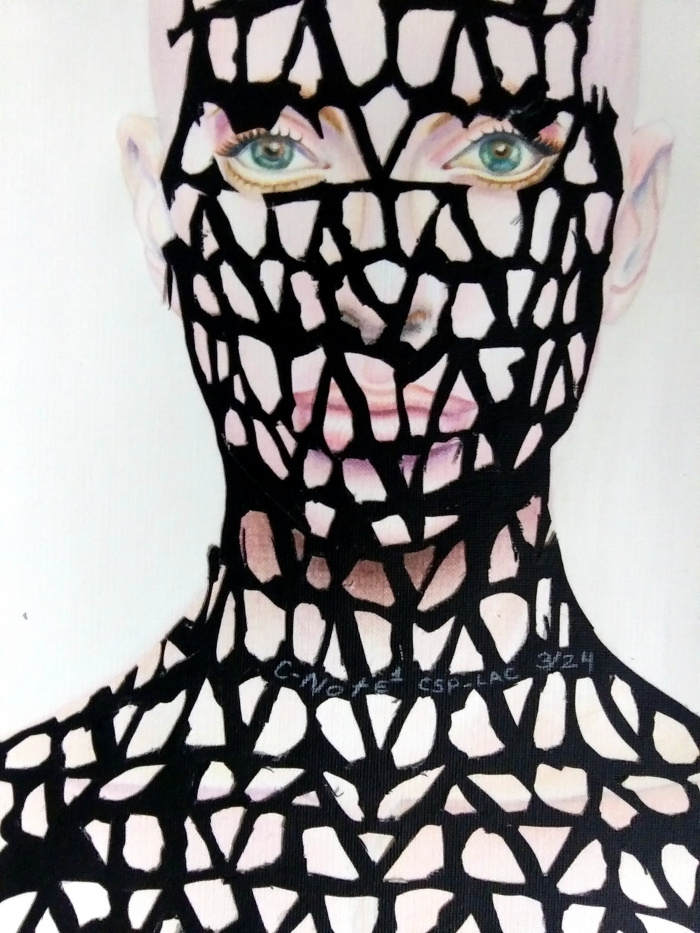In the ever-widening stream of modern sports meets side hustle, British canoeist Kurts Adams Rozentals has paddled straight into controversy—with a paddle in one hand and a ring light in the other. The slalom star isn’t making waves for his performance on water this time, but for his bold plunge into the world of OnlyFans, which now threatens to capsize his Olympic dreams.The 27-year-old slalom paddler, known for his daring performances on water, has been suspended by Paddle UK over allegations tied to his social media presence. The controversy? Rozentals runs an adult-content page on OnlyFans, which he openly promotes through edgy Instagram posts. What began as a lifeline to fund his Olympic aspirations has now placed him on the brink of exclusion from Team GB selection.“I have been posting videos [on Instagram] that are consciously made to be edgy in order to drive conversions to my ‘spicy content page’ [on OnlyFans] to fund this ultimate dream of going to the Olympics,” Rozentals told BBC Sport.In April, the national canoeing authority removed Rozentals from the UK Sport lottery-funded program, which provides athletes with an annual grant of £16,000. While that may sound substantial, the canoeist insists it barely covers a fraction of his training costs. “I don’t know how much you need but it’s certainly not £16,000,” he said.With no family safety net and unable to relocate to London like many of his peers, Rozentals had been commuting from the East Midlands—a logistical and financial burden he could no longer afford. “I never had the ability to move to London because of financial struggles so I was always doing the travel from the East Midlands, where I live, to London, back-and- forth, back-and-forth,” he shared. On Instagram, he further explained he was “sick of worrying how to pay rent” and “sick of being on the verge of homelessness.”The solution came through a less conventional avenue: monetizing attention. Rozentals launched his OnlyFans in January, amassing over 10,000 likes across 39 videos and 100+ photos, and reportedly earning over £100,000—more than six times what Paddle UK provides annually.But the success didn’t come without consequences.
Rozentals said he received a call from a Paddle UK official who informed him of the suspension, advised him to cease contact with all staff and athletes, and barred him from competing in the second and final stage of GB team selections.“I kind of froze and I couldn’t believe the words I was hearing because this is what I put my life into… this is everything I do,” he said. “My personality at this point, my identity, is sport and I want to be a professional athlete chasing my Olympic dream.”Paddle UK has not specified the exact reason behind the suspension but stated that it is a “neutral act designed to protect all parties,” with the matter now under the review of Sport Integrity, an independent investigation service. Their athlete disciplinary policy lists “offensive use of social media” and “indecent, offensive or immoral behaviour” as grounds for action—terms that remain vaguely defined in this context.“I came to the realization about why I started doing this last winter after years of struggle, years of living on the edge, my mum working 90 hours-a-week, having bailiffs at the door,” Rozentals told BBC. “I’m going to find a way where we don’t have to struggle, where my mum can enjoy her life and I’m able to put everything into this sport because when you’re thinking about how to pay the rent this month and you’re standing at the start line, that’s not very conducive [to performing well].”Although the investigation is ongoing, the athlete has made it clear he’s not eager to quit his subscription-based hustle. “This is the hardest decision that I’ve ever faced in my life,” Rozentals said. “It’s a tough decision but unless something changes in the way athletes are paid I don’t see a way of working with Paddle UK.”While his Olympic ambitions hang in the balance, Rozentals has unintentionally sparked a wider conversation—one that questions whether traditional sporting institutions are prepared to coexist with the modern gig economy, where athletes are increasingly turning to personal branding and alternative income sources just to stay afloat.In the meantime, his story remains a potent example of how chasing a dream in sport today often means paddling upstream—not just against competition, but the system itself.
This post was originally published on this site be sure to check out more of their content.
